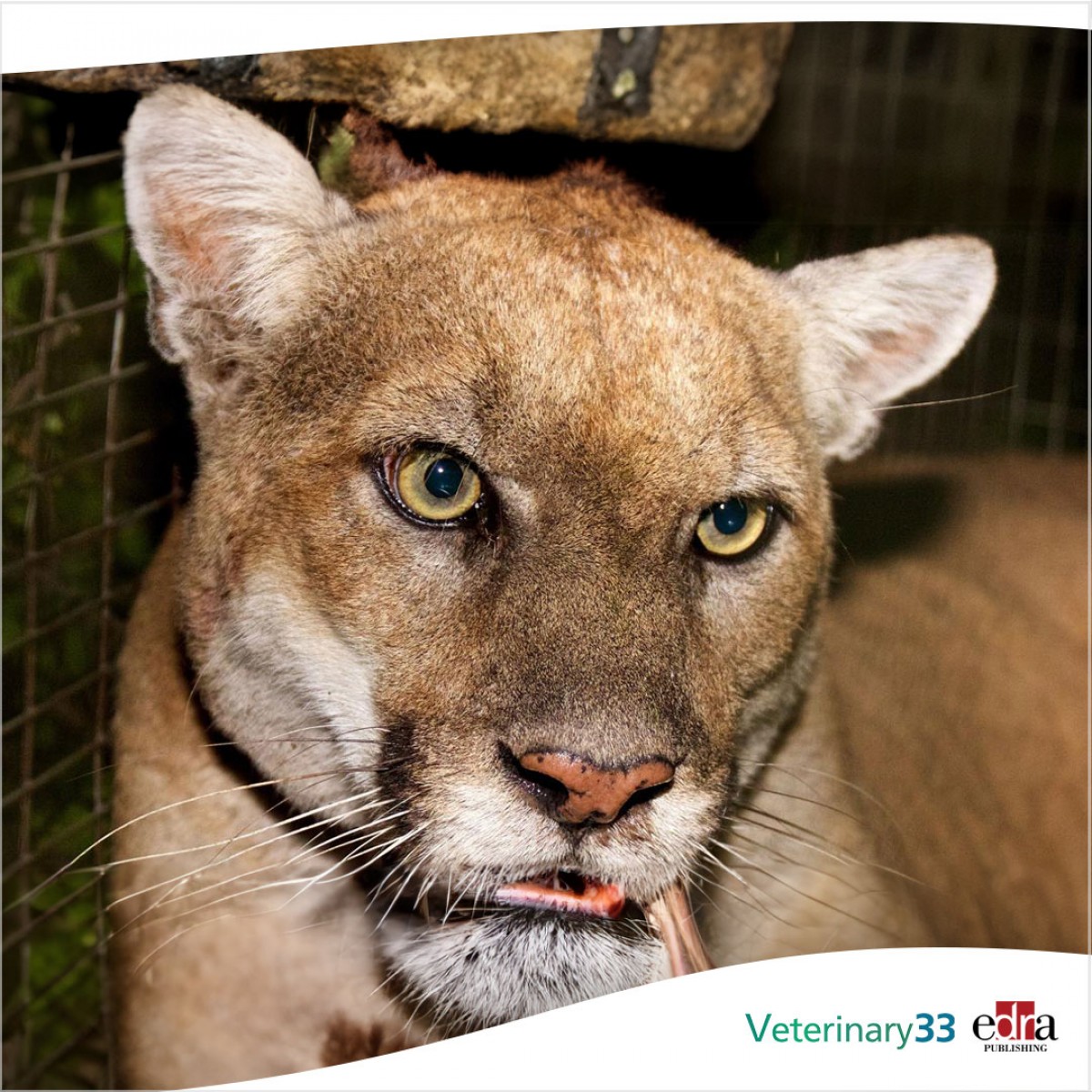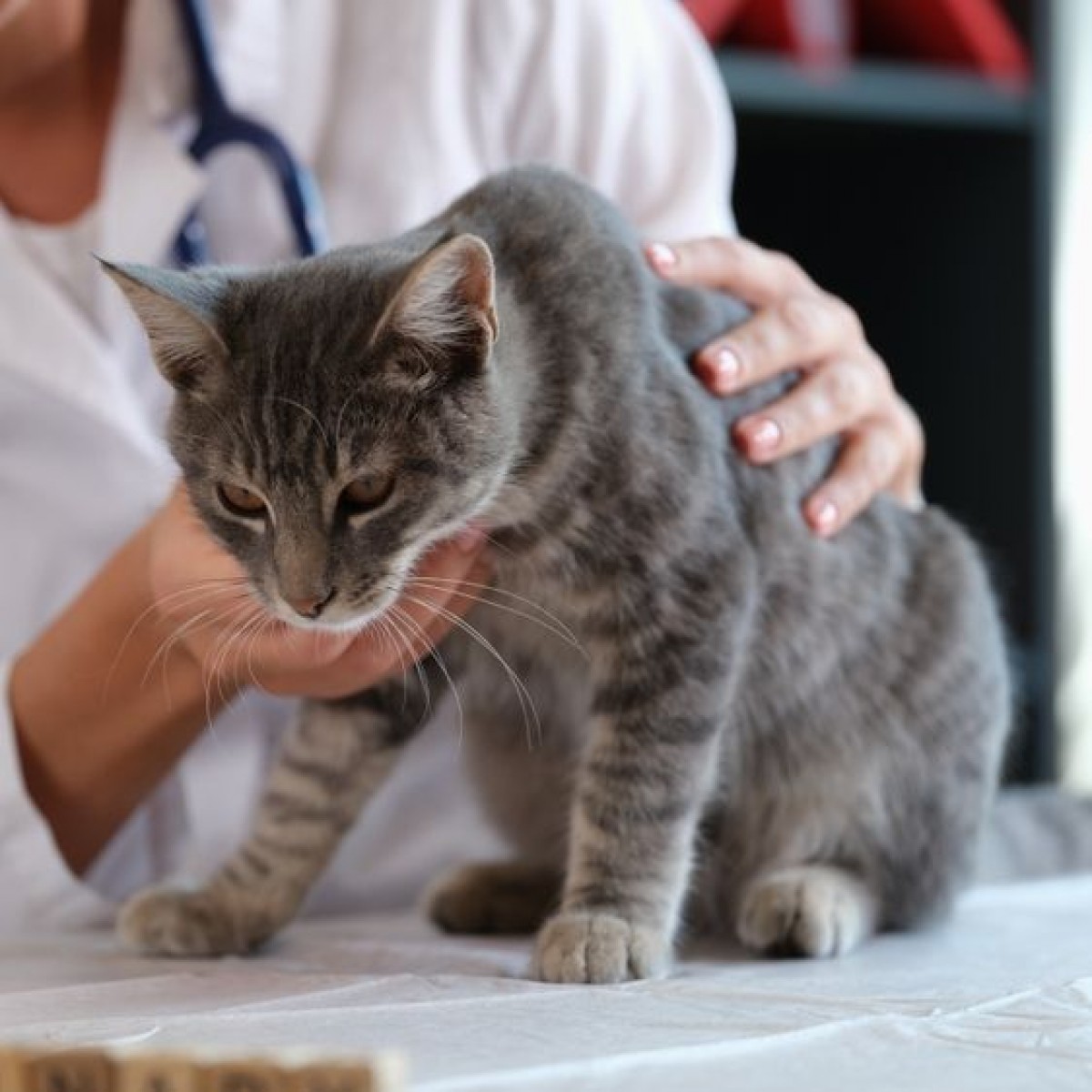UC Davis shares final necropsy findings for mountain lion P-22
By Trina Wood, UC Davis Veterinary Medicine News
When P-22 was captured and anesthetized last December by the California Department of Fish and Wildlife (CDFW) and National Park Service (NPS), the outlook was grim. Arguably the country’s most famous mountain lion, P-22 had lost weight and appeared to have suffered a vehicle strike.
According to a university news story, a full evaluation determined the kindest course of action was humane euthanasia for the 12-year-old cougar who had once graced the pages of National Geographic. But it wasn’t until after the final postmortem examination and lab tests were complete did scientists have the full picture.
A recent NPS press release stated: “The results confirmed that P-22 had been suffering from multiple severe injuries and chronic conditions that impaired his ability to function in the wild and would have lowered his quality of life if placed in human care.”
The postmortem examination was completed by veterinary pathologists at the San Diego Zoo and demonstrated that P-22 had serious injuries (some fresh and some older) and also confirmed that he was underweight, arthritic and had progressive and incurable kidney disease, as determined before his death. He also had a severe parasitic skin infection over his entire body, caused by demodectic mange and a fungus, specifically ringworm. This is the first documentation of a demodectic mange infection and a concurrent systemic ringworm infection in a California mountain lion.
The California Animal Health and Food Safety Laboratory (CAHFS) at the UC Davis School of Veterinary Medicine conducted toxicology tests that provided additional information that P-22 had been exposed to five anticoagulant rodenticides (AR) compounds. However, he had no evidence of AR poisoning (i.e., unexplained bleeding, injury, illness or death due to exposure to the toxicants).
A separate CDFW study tested 247 mountain lions at the CAHFS lab. It showed that 96 percent of tested animals had exposure to one or more ARs. While felids tend to be more resistant to AR poisoning, there have been at least seven AR-related mortalities in Southern California mountain lions over the last 19 years.
Deana Clifford, a senior wildlife veterinarian for CDFW and UC Davis DVM alum, said in the NPS press release that the San Diego Zoo Safari Park and Los Angeles Zoo teams,provided excellent care for P-22 and conducted a detailed postmortem examination that shed plenty of light on this cat's condition.
For more information about P-22’s life and legacy, visit the NPS puma profiles. For more information, please review the final necropsy summary.
P-22 captured hearts around the world and his death was covered in the New Yorker’s “A Requiem for a Great Cat,” and in a eulogy by Beth Pratt of the National Wildlife Federation.














List
Add
Please enter a comment